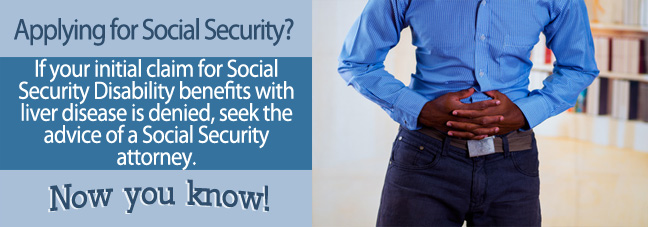National Liver Awareness Month is a month that was created to encourage people to be more aware of different liver conditions and to act early and be proactive in preventing and diagnosing liver disease.
According to the American Liver Foundation, almost 33,000 Americans succumb to liver cancer every year. There are several different liver disorders, and they each have risk factors.
Risk factors leading to cirrhosis of the liver include obesity, chronic viral hepatitis, poor lifestyle choices such as illicit drug use, and alcoholism. However, when detected early, patients do have hope – and the survival rate is doubled.
What Does The Liver Do?
The main job of the liver is to filter the blood exiting the digestive tract before it enters the rest of the body. The liver metabolizes drugs and detoxifies chemicals. The liver secretes bile that ends up back in your digestive system while it is performing its duties.
Do You Know About Non-Alcoholic Fatty Liver Disease?
The buildup of extra fat in liver cells that isn’t caused by alcohol consumption is referred to as non-alcoholic fatty liver disease (NAFLD). Western diets and sedentary lifestyles are contributing to the increasing number of cases of NAFLD.
The top three causes of death in individuals with NAFLD are liver disease, cancer, and cardiovascular disease. The odds of a diagnosis are high, with one in three people in the country having a fatty liver and the instances of the condition in children is increasing.
It is believed by medical professionals that the next worldwide epidemic of liver disease will be a direct result of NAFLD and obesity, with NAFLD surpassing viral hepatitis as the primary cause of end-stage liver disease requiring a liver transplant.
By staying healthy, watching your diet, and getting enough exercise, you can reduce your risk of NAFLD and other liver conditions.
What Can You Do To Take Care of Your Liver?
To help keep your liver healthy and to ensure it works well, the National Liver Foundation recommends that you:
- Avoid touching or breathing in toxins, such as chemicals, insecticides, aerosol and cleaning products.
- Limit alcohol consumption because alcohol can damage and/or destroy liver cells.
- Participate in exercise regularly.
- Eat healthy options from all food groups, including whole grain breads, cereals and rice, fresh vegetables and fruits, and be sure to limit fat intake.
- Manage your medications and be attentive to warnings that say liver damage can result.
- Don’t smoke.
- Get vaccinated for hepatitis A and B.
As one of the most vital organs in the human body, your functioning liver is a necessity. Your liver is so important that if it stopped functioning in a single day, you would die almost immediately.
You should practice healthy habits that help support your liver’s health, and you should be aware so you can take action if you suspect there could be a problem with your liver. Always talk your physician about any concerns that you may have regarding your health.
